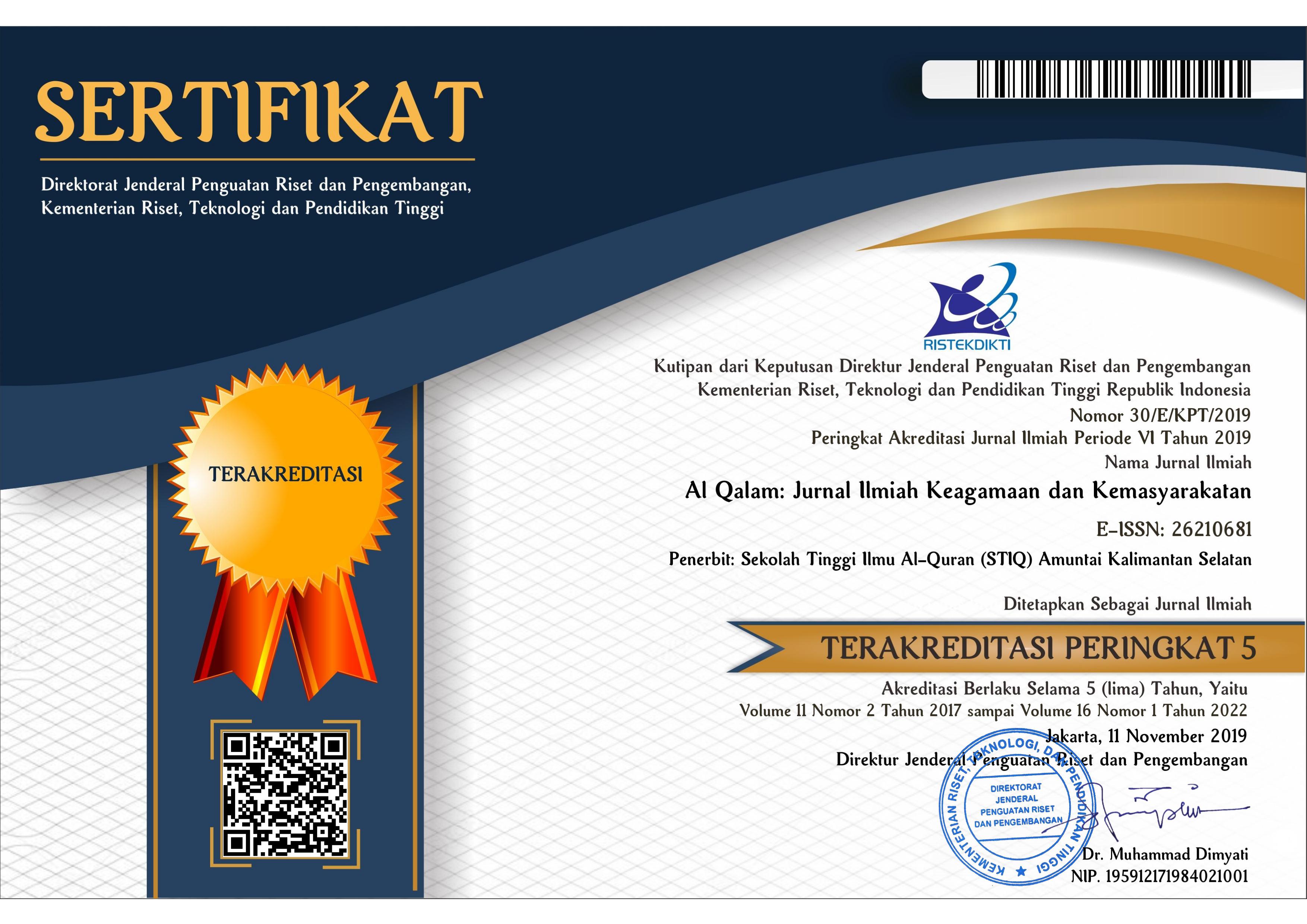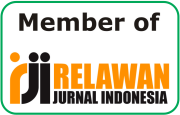Application and Impact of Constructivism in Learning: A Tertiary Study
Abstract
The application of constructivist theories in literature reviews, particularly at the tertiary level, remains largely unexplored. This study aims to identify relevant literature reviews, what are their methodological features, and what are their objectives and subject matter regarding the application and impact of constructivism in learning. The method used in this tertiary study is systematic review. The purpose of the systematic review in this tertiary study research is to provide a careful summary of all available secondary research (literature review) in answering the research questions. In this study, researchers collected journal articles from Google Scholar, Eric, Science Direct, and Scopus online published in the period of 2014 to 2023. Based on the results of the collection and selection of articles by the inclusion and exclusion criteria, 15 articles were obtained. The article consists of 6 types of reviews, from 9 countries published in 15 Scopus and Sinta indexed journals. The results of this review show that the application of constructivism is carried out in learning activities in multi-disciplines. The impact of the application of constructivism is to improve learning outcomes, academic achievement, learning attitudes, and the effectiveness of learning activities.
Keywords
Full Text:
PDFReferences
Al-Sakkaf, Abdullah, Mazni Omar, and Mazida Ahmad. “A Systematic Literature Review of Student Engagement in Software Visualization: A Theoretical Perspective.” Computer Science Education 29, no. 2–3 (2019). https://doi.org/10.1080/08993408.2018.1564611.
Arik, Selçuk, and Mehmet Yilmaz. “The Effect of Constructivist Learning Approach and Active Learning on Environmental Education: A Meta-Analysis Study.” International Electronic Journal of Environmental Education 10, no. 2 (2020).
Ayaz, Mehmet Fatih, and Hanifi Şekerci. “The Effects of the Constructivist Learning Approach on Student’s Academic Achievement: A Meta-Analysis Study.” TOJET: The Turkish Online Journal of Educational Technology 14, no. 4 (2015).
Bada, and Steve Olusegun. “Constructivism Learning Theory: A Paradigm for Teaching and Learning.” IOSR Journal of Research & Method in Education 5, no. 6 (2015). https://doi.org/10.9790/7388-05616670.
Bas, Gokhan, and Zafer S. Kivilcim. “Traditional, Cooperative, Constructivist, and Computer-Assisted Mathematics Teaching: A Meta-Analytic Comparison Regarding Student Success.” International Journal of Technology in Education (IJTE 4, no. 3 (2021). https://doi.org/10.46328/ijte.133.
Candra, and Heri Retnawati. “A Meta-Analysis of Constructivism Learning Implementation towards the Learning Outcomes on Civic Education Lesson.” International Journal of Instruction 13, no. 2 (2020). https://doi.org/10.29333/iji.2020.13256a.
Giridharan, Beena. “Earlier Title: US-China Education Review, Education Review A,” 2012.
Hussain, Irshad. “Use of Constructivist Approach in Higher Education: An Instructors’ Observation.” Creative Education 3, no. 2 (2012). https://doi.org/10.4236/ce.2012.32028.
Iyamuremye, Aloys, Janvier Mukiza, Theophile Nsengimana, Edwige Kampire, Habimana Sylvain, and Ezechiel Nsabayezu. “Knowledge Construction in Chemistry through Web-Based Learning Strategy: A Synthesis of Literature.” Education and Information Technologies 28, no. 5 (2023). https://doi.org/10.1007/s10639-022-11369-x.
Kantar, Lina. “Incorporation of Constructivist Assumptions into Problem-Based Instruction: A Literature Review.” Nurse Education in Practice 14, no. 3 (2014). https://doi.org/10.1016/j.nepr.2013.08.010.
Kara, Merve. “A Systematic Literature Review: Constructivism in Multidisciplinary Learning Environments.” International Journal of Academic Research in Education 4, no. 1–2 (2018). https://doi.org/10.17985/ijare.520666.
Ligthart, Alexander, Cagatay Catal, and Bedir Tekinerdogan. “Systematic Reviews in Sentiment Analysis: A Tertiary Study.” Artificial Intelligence Review 54, no. 7 (2021). https://doi.org/10.1007/s10462-021-09973-3.
Marougkas, Andreas, Christos Troussas, Akrivi Krouska, and Cleo Sgouropoulou. “Virtual Reality in Education: A Review of Learning Theories, Approaches and Methodologies for the Last Decade.” Electronics (Switzerland 12, no. 13 (2023). https://doi.org/10.3390/electronics12132832.
Mayring, Philipp. “Qualitative Content Analysis.” Forum: Qualitative Social Research 1, no. 2 (2000).
Rees, Nigel, Julia Williams, Chloe Hogan, Lauren Smyth, and Thomas Archer. “Heroism and Paramedic Practice: A Constructivist Metasynthesis of Qualitative Research.” Frontiers in Psychology, 2022. https://doi.org/10.3389/fpsyg.2022.1016841.
Sanal, Seda Ozer, and Mukaddes Erdem. “Examination of Special Education with Constructivism: A Theoretical and Review Study.” The European Educational Researcher, 2022. https://doi.org/10.31757/euer.611.
Thomas, Aliki, Anita Menon, Jill Boruff, Ana M. Rodriguez, and Sara Ahmed. “Applications of Social Constructivist Learning Theories in Knowledge Translation for Healthcare Professionals: A Scoping Review.” Implementation Science 9, no. 1 (2014). https://doi.org/10.1186/1748-5908-9-54.
Toraman, Çetin, and Engin Demir. “The Effect of Constructivism on Attitudes towards Lessons: A Meta-Analysis Study.” Eurasian Journal of Educational Research 16, no. 62 (2016). https://doi.org/10.14689/ejer.2016.62.8.
DOI: http://dx.doi.org/10.35931/aq.v18i5.3585
Refbacks
- There are currently no refbacks.
Copyright (c) 2024 Darmanella Dian Eka Wati, Ratih Komala Dewi, Oria Lasmana, Lufri, Asrizal, Hardeli

This work is licensed under a Creative Commons Attribution 4.0 International License.
Al Qalam: Jurnal Ilmiah Keagamaan dan Kemasyarakatan
index by:
Publish by:
Sekolah Tinggi Ilmu Al-Qur'an Amuntai
Contact us:
Address: Jl. Rakha Pakapuran, Amuntai Utara
Kabupaten : Hulu Sungai Utara
Kode Pos : 71471
Provinsi : Kalimantan Selatan
Telephone : 085251613000
Email: hafizhihusinsungkar@gmail.com

This work is licensed under a Creative Commons Attribution 4.0 International License


